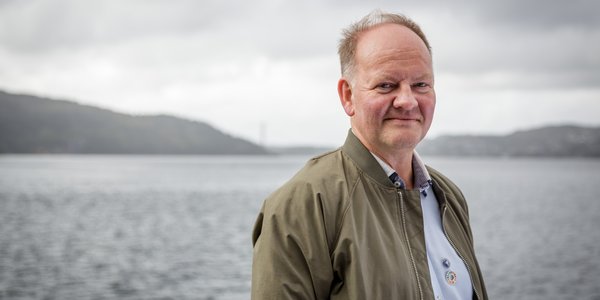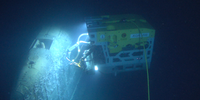News
Result: (2081) Showing 151 - 180

Alarm bells raised about ocean warming
25.09.2019

10 things you didn’t know about ice
25.09.2019

Haddock larvae have an internal compass
18.09.2019
Research centre lands a good catch
11.09.2019
Crowding mackerel can affect the fillets
08.08.2019

Researchers discovered leak from Komsomolets
10.07.2019
Crowding mackerel can affect the fillets
08.08.2019

Aquaculture didn’t cause the algal bloom
28.05.2019
The cod spawns at Jan Mayen
14.05.2019

Sends saildrone cruising in the North Sea
29.04.2019

story
Welcome to the wondrous world of whales
19.03.2019

















